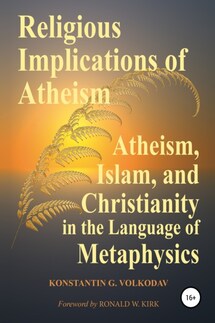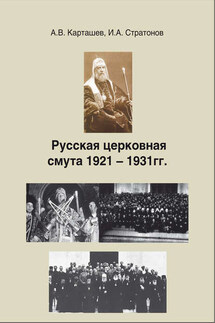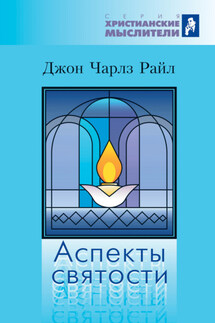Religious Implications of Atheism - страница 25
Even Friedrich Engels, who was not a specialist in Christian theology, quite correctly noted an obvious historical fact, that Christianity “entered into a resolute antithesis to all previous religions.” [45] Indeed, for the whole world, Christianity has become a paradox, requiring a complete revision of all religious doctrines.
A paradox [46] is a phenomenon that can exist in reality, but has no logical explanation. Paradoxicalness is unexpectedness, unfamiliarity, contradiction with the generally accepted, traditional (orthodox) view. Antinomy is a kind of paradox—a combination of real facts that logically contradict each other. The antinomies of Christianity were very fond of emphasizing Christian theologians and hymnographers. Especially many paradoxes are illustrated by the liturgical hymns of Christmas and Easter. For example, the Kontakion of Holy Nativity [47] or the 15th Antiphon of Holy Friday: “Today he who hung the earth upon the waters is hung on the tree . . .”
A separate thick book could be written about the paradoxes of Christianity. In Christianity, at every step, at each dot, at every point, there is an amazing paradox. For example: the Incorporeal incarnates; the Beginningless begins; Virgo gives birth; the Sinless one suffers for the sins of the world; the Righteous Judge is condemned by criminals of the law; the Immortal dies; God experiences God’s forsakenness on the Cross (Matt. 27:46; Mark 15:34); the King of Kings and the Lord of Lords washes the feet of the disciples; the power of God “is made perfect in weakness” (2 Cor. 12:9), etc.
It is impossible to understand this with the help of ordinary human common sense and logic. That is why the apostle Paul wrote, “We proclaim Christ crucified, a stumbling block to Jews and foolishness to Gentiles” (1 Cor. 1:23). Even the apostles, the chosen disciples, after three years of daily teaching from Christ, still did not understand and did not accept much, their logic was too human. The apostle Peter rebuked him, saying, “God forbid it, Lord! This must never happen to you” (Matt. 16:22). The apostles James and John, sons of Zebedee, asked to be on the right and left sides of Christ, i. e. receive the highest honor. The other apostles were indignant at them, since and they would like the same (Matt. 20:20–24). But Christ taught them exactly the opposite, “It will not be so among you; but whoever wishes to be great among you must be your servant, and whoever wishes to be first among you must be your slave; just as the Son of Man came not to be served but to serve, and to give his life a ransom for many” (Matt. 20:26–28). And he himself “for the sake of the joy that was set before him endured the cross, disregarding its shame” (Heb. 12:2). And he offers the same to his followers (John 16:2). Instead of the honor they justly deserve, they often endure dishonor (2 Tim. 3:12).
The voluntary suffering of good for the victory over evil is not only “a stumbling block to Jews and foolishness to Gentiles,” but the apostles themselves for a long time remained “impervious” to this new teaching. And then in history everything repeated itself. The hierarchs of many churches are still arguing with each other over the primacy of honor and will argue until the Second Coming, although Christ taught something completely different (Matt. 23:11; Mark 9:34–35). Beautiful chants, rituals, godly traditions, etc. for many may be attractive, but not self-deprecation, dishonor and suffering, even for the truth.






